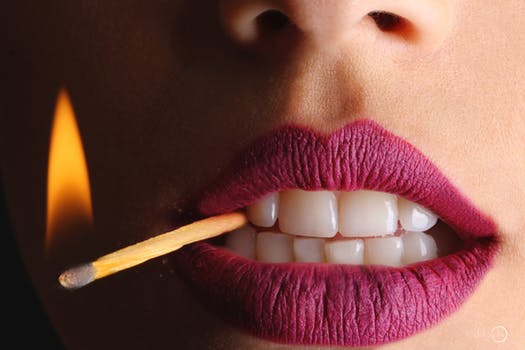What Are the Rewards of Dental Crowns for Your Oral Health?
- by Carol

A dental crown may be the most effective treatment option if your teeth are fragile, corroded, cracked, or otherwise damaged. As a suit of armor, these custom-made caps cover the entire tooth. Crowns, as opposed to veneers, which cling exclusively to the front surfaces of your teeth, can effectively add or finish a tooth regardless of your dental health. Suppose your dentist has lately mentioned dental crowns, or your online research shows that these may be the solution to your current dental problems. In that case, it may be good to understand what crowns are and what they can accomplish for you before making a decision.
What are the advantages of having dental crowns?
The advantages of dental crowns are listed below.
They can save a badly damaged tooth.
Trauma, stress and tooth decay can all cause damage to the surface of the tooth. Sometimes a tooth gets so brittle and cracked that a dentist has just two treatment options. The dentist must either pull the tooth or place a dental crown to save it.
If a dentist decides to save a fractured tooth, they will clean and file it in preparation for a crown. When the dentist inserts the crown on top of the tooth, it reinforces it and makes it as strong as a natural tooth. Finally, a tooth’s complete functionality is restored.
They keep a dead tooth from falling apart.
Pulpitis is a tooth pulp infection. Pulpitis that cannot be cured is irreversible. It kills the tooth’s pulp. By extracting the infected pulp during a root canal, a dentist can heal irreversible pulpitis. The dentist can repair a tooth in two ways following the endodontic treatment.
First, a filling is used to protect the tooth. The second and preferred approach involves covering the tooth with a crown after filling the cavity. A crown is needed to keep a dead tooth, especially a molar, from breaking.
They provide the best protection for a tooth with a history of decay.
Numerous cavities make a tooth a suitable candidate for a crown. Instead of a dental filling or dental inlay, a dentist may choose to cap a problematic tooth. The crown will completely cover the tooth, creating a barrier between the susceptible tooth and the rest of the mouth. The barrier will prevent hazardous microorganisms, acids, sugars, and starch from contacting the teeth.
Dental crowns can be used for a wide variety of cosmetic treatments.
Using dental caps, numerous tooth imperfections can be addressed. They cover misshapen, discolored, or damaged teeth. A dentist may also utilize crowns to produce an identical smile which aids in dental whitening. By encasing and enlarging little teeth, crowns can also be used to close spaces between teeth. Due to these features, crowns are the cosmetic treatment of many dentists.
They are typically permanent.
Crowns are sturdier than fillings, inlays, and onlays. Crowns are the most robust and long-lasting solution for cosmetic dentistry. Even veneers and tooth bonding are outperformed.
Conclusion
With any luck, you will never need a dental crown. However, this is not the case for all of us. A dental crown procedure is common, and there is no need for concern. Good dental hygiene extends the lifespan of crowns. Crowns survive a long time with proper dental hygiene. In addition, because they are custom-made to match the rest of your teeth, your friends and family are unlikely to notice that you have a dental crown.
A dental crown may be the most effective treatment option if your teeth are fragile, corroded, cracked, or otherwise damaged. As a suit of armor, these custom-made caps cover the entire tooth. Crowns, as opposed to veneers, which cling exclusively to the front surfaces of your teeth, can effectively add or finish a tooth regardless…

Get more stuff
Subscribe to our mailing list and get interesting stuff and updates to your email inbox.
Thank you for subscribing.
Something went wrong.
we respect your privacy and take protecting it seriously
